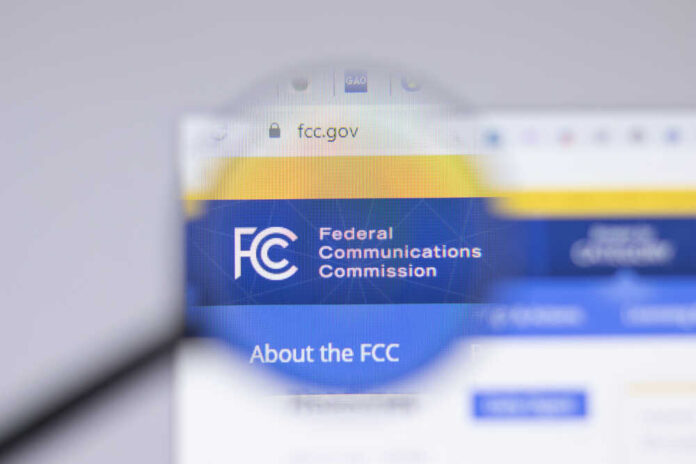The Federal Communications Commission has proposed a new “digital discrimination” rule that one commissioner believes would ultimately “micromanage” literally every section of the internet.
The rule came out of the FCC’s Task Force to Prevent Digital Discrimination, which was established by Jessica Rosenwocel, the chair of the agency, to create a rulemaking process.
This was mandated as part of the bipartisan Infrastructure Investment and Jobs Act, which President Joe Biden signed into law a few years ago. Part of that $1.2 trillion piece of legislation required the FCC to adopt new rules by November of 2025 that would identify and “prevent” all necessary steps to “eliminate” discrimination online.
But, one of the commissioners on the FCC, Brendan Carr, said that he has major concerns about the rule. He said he believes the agency would have way too much regulatory authority over the internet if the rule were passed.
As he said:
“For the first time ever, those rules would give the federal government a roving mandate to micromanage nearly every aspect of how the Internet functions – from how ISPs allocate capital and where they build, to the services that consumers can purchase; from the profits that ISPs can realize and how they market and advertise services, to the discounts and promotions that consumers can receive.
“Talk about central planning.”
In addition, Carr said that the rule also would allow the FCC to regulate internet prices. As he said in a recent statement:
“The FCC arrogates to itself the power to review and determine the lawfulness of promotional pricing and discounts. It even puts the use of credit checks squarely in the cross hairs. Of course, Congress did not give the FCC the power to do any of this – the agency just creates it out of whole cloth.
“In fact, the FCC cites a few such actions in its draft order that were raised in the record – including eliminating government-imposed barriers and regulatory red tape that have been slowing down broadband builds. “But, instead of going that route, the FCC opts for this ideological approach instead.”
It’s not just Carr who is against the proposed FCC rule, though. There are telecommunications providers and industry groups that have issued filings that suggest they might end up challenging the FCC rule. Two of those filings have been made by USTelecom and The Internet and Television Association, or the NCTA.
Evan Swarztrauber, who once served as a senior adviser to Carr as well as Ajit Pai, the one-time chairman of the FCC, wrote on the social media platform X recently:
“The @FCC is claiming the power to control every aspect of broadband infrastructure and the industry itself. To call it ‘extreme’ or ‘radical’ doesn’t do this proposal justice. It includes price controls, forced buildout of broadband regardless of ROI, and more.”
There are real-world benefits of expanding broadband access across the nation, but it’s hard for the government to dictate that it must happen, as private ISPs can’t be held responsible for providing it regardless of what it costs them.


















